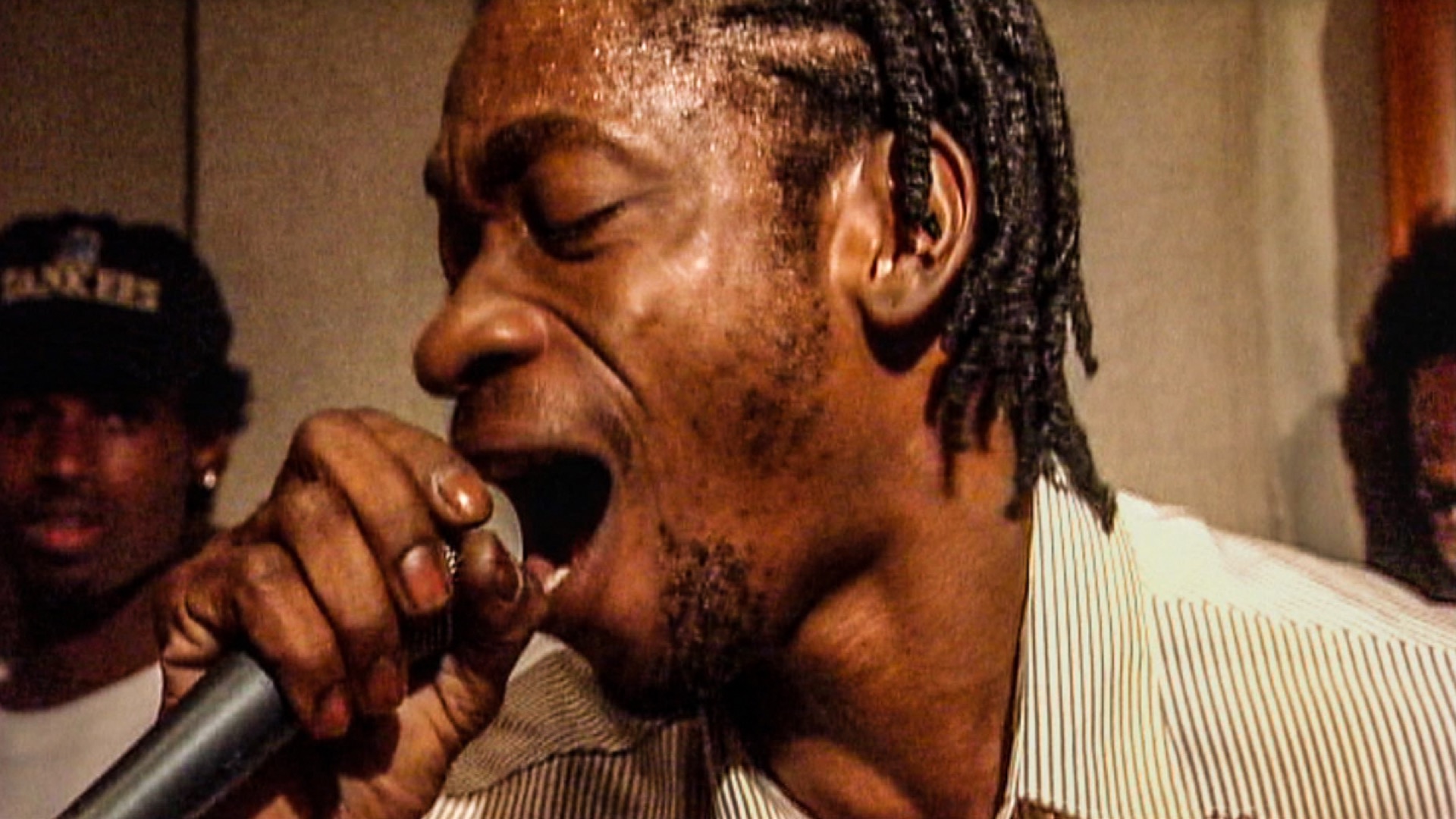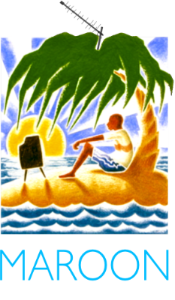By Martin Kelner @martinkelner
Monday 22nd November 2004
Homosexuals, one presumes, wear training shoes, which could be bad news for Puma, who wished to associate their products with the famed joie de vivre of the Caribbean, and so recruited some of Jamaica’s best-known dance hall artistes to endorse their range of fancy pumps and sweaters.
Unfortunately for the sportswear manufacturer, the dance hall business appears to have moved on a bit since Max Jaffa. The acts they enlisted, trading under colourful soubriquets such as The Assassin, Beenie Man, and Elephant Man, tended by and large to eschew the romantic lyricism of a Jerome Kern, for example, in favour of fairly unambiguous exhortations to go out and murder gay people.
Joie de vivre did not come into it. Quite the reverse. “Send for the automatic and the Uzi. Shoot the batty man,” “Burn a fire on a poof,” and Beenie Man’s delightful “hang lesbians with a long rope” were sample lyrics. Not exactly Cole Porter. Especially not Cole Porter.
Despite Puma’s assurances that none of the above represented official company policy, you got the feeling they might be sacrificing any claims on the pink pound.
How Puma arrived at this pass made a salutary story, artfully told in a Channel 4 documentary, Trainers, Reggae, and the Olympics.
Puma’s marketing campaign was masterminded, if that is the word I am looking for, from a mews cottage – ironically – at the heart of Soho’s media community, confirming the prejudices of those of us who believe the only people doing an honest day’s work in that part of London are either selling sandwiches or “French lessons.”
The ubiquitous Peter York, billed as a brands expert, described what was going on in the mews cottage as “cultural appropriation,” which struck me as spot on.
The main area of creativity displayed by the team in charge of Puma’s foray into Jamaica was in creating fancy titles for themselves. Everybody had one; Head of International Entertainment Europe, Entertainment and Creative Consultant, Special Projects Manager, and so on.
Their plan, as far as I could gather, was to throw some money at the Jamaican Olympic team, throw some more at the island’s biggest selling reggae acts, and give away loads of free T-shirts to the poor people.
But the world has moved on since Peter Stuyvesant bought Manhattan Island from the locals for a packet of 10 filtertips (I’m a little sketchy on the details); and experts, in Jamaica and beyond, grew increasingly sceptical about Puma’s beneficence as the project wore on.
Michael McMorris of the Jamaica Development Corporation, it is true, was mildly flattered by Puma’s cultural imperialism, taking the view that any publicity was good publicity. “It’s stereotypical, but fun,” he said of the rum ‘n’ reggae image being promoted, which sounded to me rather like a Scot saying he would be happy to have his country represented by a small tartan-clad dog on a biscuit tin.
But that was about as good as it got. “Puma need to do a proper audit on the ethics of what they are doing,” said advertising agency founder Glen Yearwood. “This will benefit Puma more than us,” said a local, “Otherwise why would they be here?”
This was clearly the view of the film-makers John Deol and Paul Blake, who visited the Soho premises, followed the small troupe of international creative whatsits to Jamaica, and finally to Greece for a shambolic concert on the eve of the Olympics, all the time giving them a length of rope that Beenie Man himself would have approved of, with which to hang themselves.
For instance, when the Head of International Entertainment Europe’s mobile telephone rang in an interview, rather than halting the filming they kept on rolling so the audience could enjoy the rich aroma of bullshit that pervades marketing speak. Another neat, if naughty, trick was juxtaposing interviews filmed two months before the Olympics with footage of the “climactic” concert in Greece.
Thus, while the team talked about placing Jamaica in front of the “biggest global media spotlight in the world,” and the artistes having the chance to play for “ten, maybe twenty thousand people,” we surveyed a scene eerily reminiscent of the Spinal Tap gig where they supported a puppet show.
The more rampantly homophobic acts had been jettisoned well before Athens but that did not cut much ice with the local punters who, someone decided at a tragically late stage, “did not get reggae”. Either that, or they were all sitting somewhere waiting for their starter.
The concert interviews were hilarious, as explanations were desperately sought for the dimness of the global media spotlight. “Greek crowds come out late,” someone said, surveying the emptiness before him, “It will be the 10, 11, 12 o’clock vibe that makes it.” Yeah, right.
One wishes Jamaica’s sports people well, of course. As for Puma, on the evidence of the documentary, their sponsorship was a botched attempt to catch up with Nike and the others, at a reduced price, by hitching their falling star to an economically deprived island in the Caribbean. For them, I suspect, few tears will be shed.
Original Story: https://www.theguardian.com/sport/2004/nov/22/comment.martinkelner


